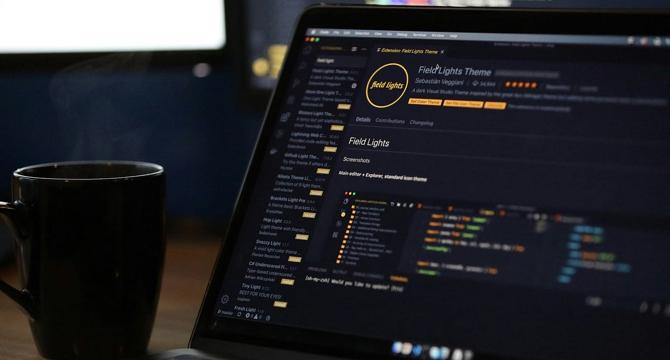Medium
1w
336

Image Credit: Medium
Code Quality Isn’t Optional for Software Engineers and Leaders: Save Time, Money, and Sanity
- Neglecting code quality can lead to buggy releases, frustrated customers, and delayed feature delivery, wasting resources in the long run.
- Good leaders understand the importance of maintaining code quality and investing in architecture today to avoid massive costs tomorrow.
- Tasks can be categorized into urgency and importance, 'important but not urgent' tasks like maintaining and improving architecture leads to sustainable development.
- Developers need to push back on decisions that compromise long-term quality and educate stakeholders about the risks of cutting corners.
- Writing self-checking tests from the beginning is the best defense against unexpected bugs and inefficient time-consuming processes.
- Refactoring isn’t just a task, it’s a survival skill which cleans up a little bit of messy code every time and ensures that codebases improve over time instead of degrading.
- The key to avoiding pain is establishing a strong code quality culture shared by everyone involved — developers, managers, and stakeholders alike.
- Continuous refactoring helps teams to make small, incremental improvements over time to maintain a healthy, adaptable codebase and avoid massive, disruptive overhauls.
Read Full Article
20 Likes
For uninterrupted reading, download the app